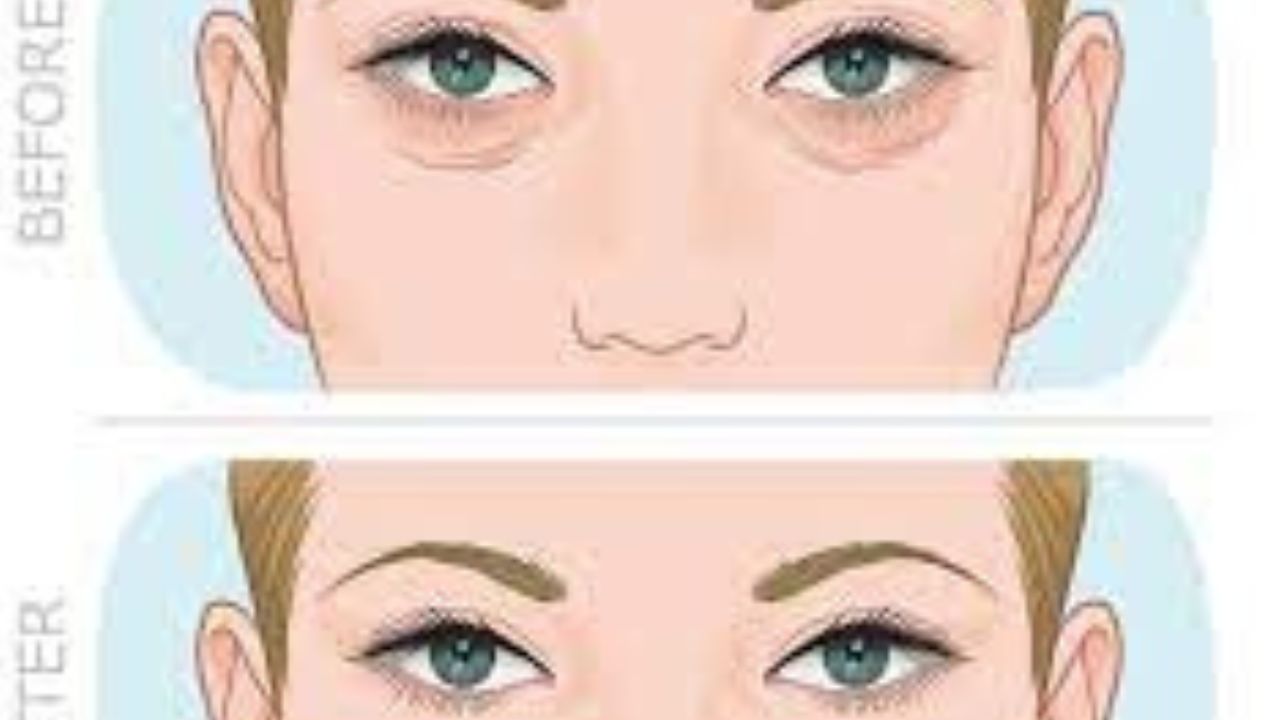Upper Eyelid Surgery: A Complete Guide
Upper eyelid surgery, or blepharoplasty, is a cosmetic procedure that removes excess skin and fat from the upper eyelids. This surgery helps eliminate the “pouches” or “hooded” appearance that aging or genetics may cause. By addressing these issues, the procedure revitalizes the eyes, making them look more youthful and vibrant.
Who Should Consider Upper Eyelid Surgery?
Typically, individuals in their mid-30s or older seek upper eyelid surgery due to natural aging that reduces skin elasticity. However, younger people may also consider the surgery if they have inherited droopy eyelids. An ophthalmologist can determine if you are a good candidate based on your specific condition and overall health.
How the Procedure Works
The surgery usually takes about three hours and is performed under local anesthesia. The surgeon makes an incision along the natural crease of the upper eyelid. Through this incision, excess skin and fat are removed. The incision is then closed with stitches. This technique minimizes scarring and aims for a natural-looking result.
Recovery and Aftercare
After the surgery, patients should expect to rest for 7 to 10 days. During recovery, keep the eye area clean and elevate your head while resting. Initially, your vision may be blurry, but it should improve as you heal. Stitches are removed within a few days if they are non-dissolvable. Avoid makeup for a week and contact lenses for two weeks. Common side effects include bruising, swelling, dry eyes, and temporary blurred vision, all of which typically resolve within a few weeks.
Potential Risks
Although upper eyelid surgery is generally safe, some risks include damage to the eyeball, partial or complete loss of vision, bleeding under the skin, and infection. Over-removal of skin or fat can also lead to a sunken appearance. Individuals with conditions such as Graves’ disease or dry eye may face additional risks.
In summary, upper eyelid surgery offers a significant cosmetic improvement for those with drooping eyelids. With careful consideration and a skilled surgeon, patients can achieve a refreshed and youthful look.





